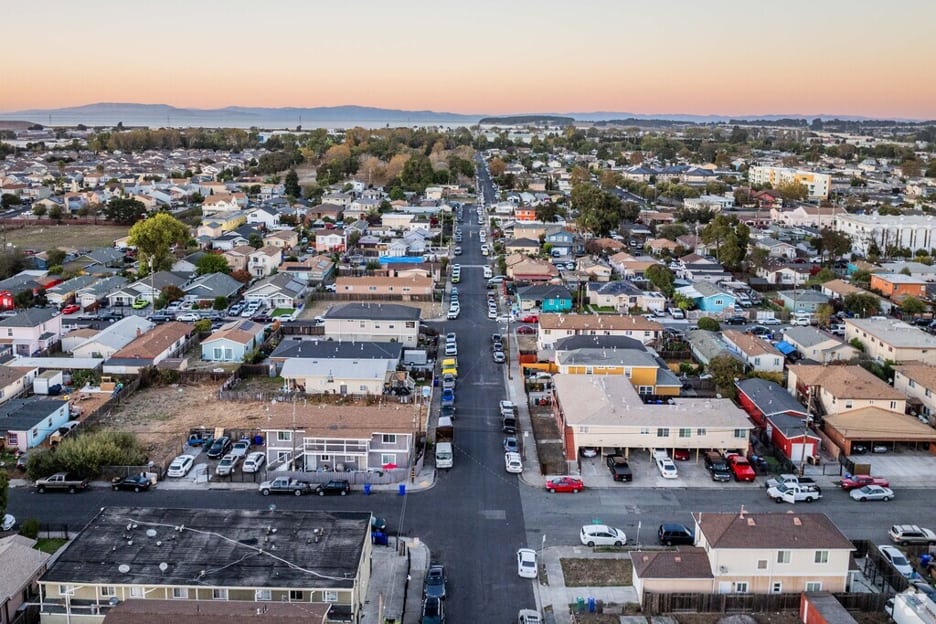Understanding Building Regulations in Richmond, South Richmond
Building regulations are a crucial aspect of the construction and renovation process, ensuring that all structures meet necessary safety, health, and environmental standards. In Richmond, South Richmond, these regulations serve as a framework to guide homeowners, developers, and contractors in maintaining the area’s architectural integrity while prioritizing safety and sustainability.
What Are Building Regulations?
Building regulations are a set of legally enforceable standards established by the government to ensure the safety, health, and welfare of people in and around buildings. These rules cover various aspects of construction, including structural stability, fire safety, energy efficiency, ventilation, and accessibility. Adhering to these regulations is not only a legal requirement but also a way to enhance the quality and value of a property.
Key Aspects of Building Regulations in Richmond, South Richmond
- Structural Stability
- All buildings must be designed and constructed to ensure they can withstand physical stresses and forces. In South Richmond’s, particular attention is given to foundations and materials to align with the area’s soil conditions and environmental factors.
- Fire Safety
- Regulations mandate adequate fire resistance for walls, floors, and ceilings. Fire alarms, sprinkler systems, and safe escape routes are also essential components.
- Energy Efficiency
- Richmond’s building regulations emphasize the use of energy-efficient materials and technologies, such as insulated walls, double-glazed windows, and renewable energy sources like solar panels.
- Accessibility
- Buildings must cater to individuals with disabilities, incorporating features such as ramps, wide doorways, and accessible bathroom facilities.
- Drainage and Waste Disposal
- Proper systems for drainage and waste disposal are mandatory to prevent environmental hazards and ensure sanitary conditions.
- Environmental Impact
- Developers are encouraged to use sustainable materials and methods to minimize the environmental footprint of their projects.
The Approval Process for Building Regulations
Before commencing construction or renovation in South Richmond, obtaining building regulation approval is essential. This involves submitting detailed plans and specifications to the local authority. The process typically includes:
- Initial Consultation
- Engaging with Richmond Council’s building control team to discuss your project’s scope and requirements.
- Application Submission
- Providing comprehensive plans, including structural designs, energy calculations, and fire safety measures.
- Inspection Stages
- Local authority inspectors will visit the site at various stages of construction to ensure compliance with approved plans and regulations.
- Completion Certificate
- Once the project meets all regulatory standards, a completion certificate is issued, signifying that the building is safe and compliant.
Common Challenges and How to Overcome Them
Adhering to building regulations can be complex, particularly for first-time developers or renovators. Common challenges include:
- Understanding Technical Requirements
- Regulations can be highly technical. Hiring a qualified architect or surveyor familiar with South Richmond’s guidelines can simplify the process.
- Cost Implications
- Compliance often involves additional costs for materials and inspections. Budgeting for these expenses from the outset is crucial.
- Delays in Approval
- Incomplete or inaccurate submissions can lead to delays. Ensuring all documentation is thorough and accurate can help streamline the process.
Why Building Regulations Matter in South Richmond
Richmond, South Richmond, is known for its picturesque landscapes and historic architecture. Building regulations play a pivotal role in preserving this character while accommodating modern development. By ensuring that new constructions and renovations adhere to these standards, the area’s unique charm and safety are maintained for future generations.
Expert Tips for Navigating Building Regulations
- Engage Professionals: Work with architects, surveyors, and contractors who have experience with Richmond’s building control processes.
- Stay Informed: Regularly consult Richmond Council’s website for updates on regulations and policies.
- Plan Ahead: Allow ample time for the approval process and inspections to avoid project delays.
- Prioritize Sustainability: Incorporating eco-friendly practices can not only meet regulatory requirements but also add long-term value to your property.
Conclusion
Building regulations in Richmond, South Richmond, are more than just a legal formality; they are a safeguard for quality, safety, and sustainability. Whether you are planning a home extension, a commercial development, or a new build, understanding and adhering to these regulations is essential. By doing so, you contribute to the area’s enduring legacy and ensure a successful, compliant project.



No responses yet